“What are your plans when you graduate?”
Year 12 students often dread this question. Students can become increasingly anxious about major life decisions as they approach the end of their schooling. Those who have made further study and career plans often wonder whether they have made good decisions.
Getting a job or choosing a course is the easy part. However, the challenges of integrating career paths, family life and social and community commitments prove increasingly difficult. This is partly due to the bureaucratic and individualist tone of modern western life, which has devalued our balanced life roles and contributions at home and in our neighbourhoods, workplaces and communities. Living a life of value and significance requires curiosity, adventure, reflection, discussion and shared community experience.
As a Presbyterian Church school, we seek to evoke a sense of God’s call on a person’s life. A Christian understanding of vocation, as shaped and defined by our Presbyterian heritage, encourages us to interpret our sense of dependence as a reminder of the ways we are called to love God and neighbour. It is our human calling to make use of resources to oppose injustice, work for justice, and enable human life to flourish. The religious value of life as vocation – insisting upon larger moral contexts, long-range consequences, and fundamental moral norms – becomes exceedingly difficult to sustain.
Whereas a classically understood Christian understanding of vocation encourages deep understandings of important relationships, contemporary society often encourages a moral minimalism where obligations are seen as short-term and contractual. This kind of understanding of vocation does not typically generate loyalty, mutual trust or concern. These qualities are exceedingly difficult to sustain in today’s cultural and economic environment.
In our complex interdependent world, it is easy to become cynical about our responsibilities. But a Christian understanding of vocation calls us to be concerned about them, and to struggle with others to find policies, practices, and perspectives that do not worsen matters, but improve them.
This is part of our unique vocation – as members of the Scots, Australian and world community during this time and this place. I would encourage all parents to get alongside their sons and help them to develop a more meaningful view of their life purpose, in which work and study is a small part.
Tapping into their values and beliefs, heart-felt convictions and passions are often the most powerful sources that will best help them to make decisions about the next stage of their life. Age and wisdom are great teachers.
Written by Dr Ian PM Lambert, Principal of The Scots College.
To stay up-to-date with the latest educational insights from Scots, subscribe to our fortnightly e-newsletter.






